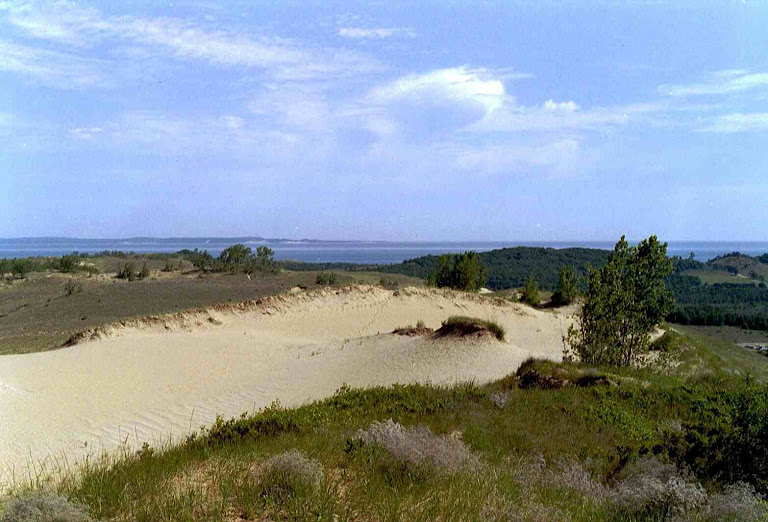"The St. Gauden's memorial was installed at the edge of Boston Common and dedicated amidst a large public ceremony on Memorial Day, 1897," wrote Denise Von Glahn Cooney in "New Sources for 'The "St. Gaudens" in Boston Common (Colonel Robert Gould Shaw and His Colored Regiment)'" (Musical Quarterly 81.1, 1997). In that article, Von Glahn traces the poetic sources behind the musical composition of "Three Places in New England" by Charles Ives (first performed in 1931). It would not be the last time that poetry, music, and film would take up the memorial (see "Robert Gould Shaw" by Paul Laurence Dunbar, "Saint-Gaudens: An Ode" by Robert Underwood Johnson, "For the Union Dead" by Robert Lowell, "Boston Common" by John Berryman, the film Glory, and the recent PBS documentary about Saint Gaudens, etc.).
The monument by St. Gaudens, wrote Robert Lowell, "sticks like a fishbone / in the city's throat." Clearly Lowell was on to something. His poem sticks in the nation's throat, calling for less empire and more humanity. My guess is that Lowell would have enjoyed David Armitage's The Declaration of Independence, A Global History (2007).
Links
Text of "For the Union Dead" and biography of Robert Lowell (www.poets.org).
*Hear Lowell read the poem (http://college.holycross.edu).
*Hear "For the Union Dead" read by Frank Bidart, Peter Davison, and Robert Pinsky, The Atlantic Monthly (November 1960 and April, 2001).
Commentary about "For the Union Dead" by Helen Vendler, Thomas Travisano, Michael Thurston, Paul Doherty, Alan Williamson, Paul Breslin, on "Modern American Poetry" (www.english.illinois.edu).
Reginald Shepherd, "Robert Lowell and the Massachusetts 54th," (March 28, 2007).
Concerning Charles Ives, "Three Places in New England" (www.musicweb-international.com).
Robert Gould Shaw Memorial Project (www.nga.gov).
Trailer for Glory, directed by Edward Zwick (1989).
2009 Augustus Saint-Gaudens exhibit at the MET, June 30-November 15, 2009 (www.metmuseum.org) (www.tfaoi.com).
David Armitage, The Declaration of Independence, A Global History (2007).







